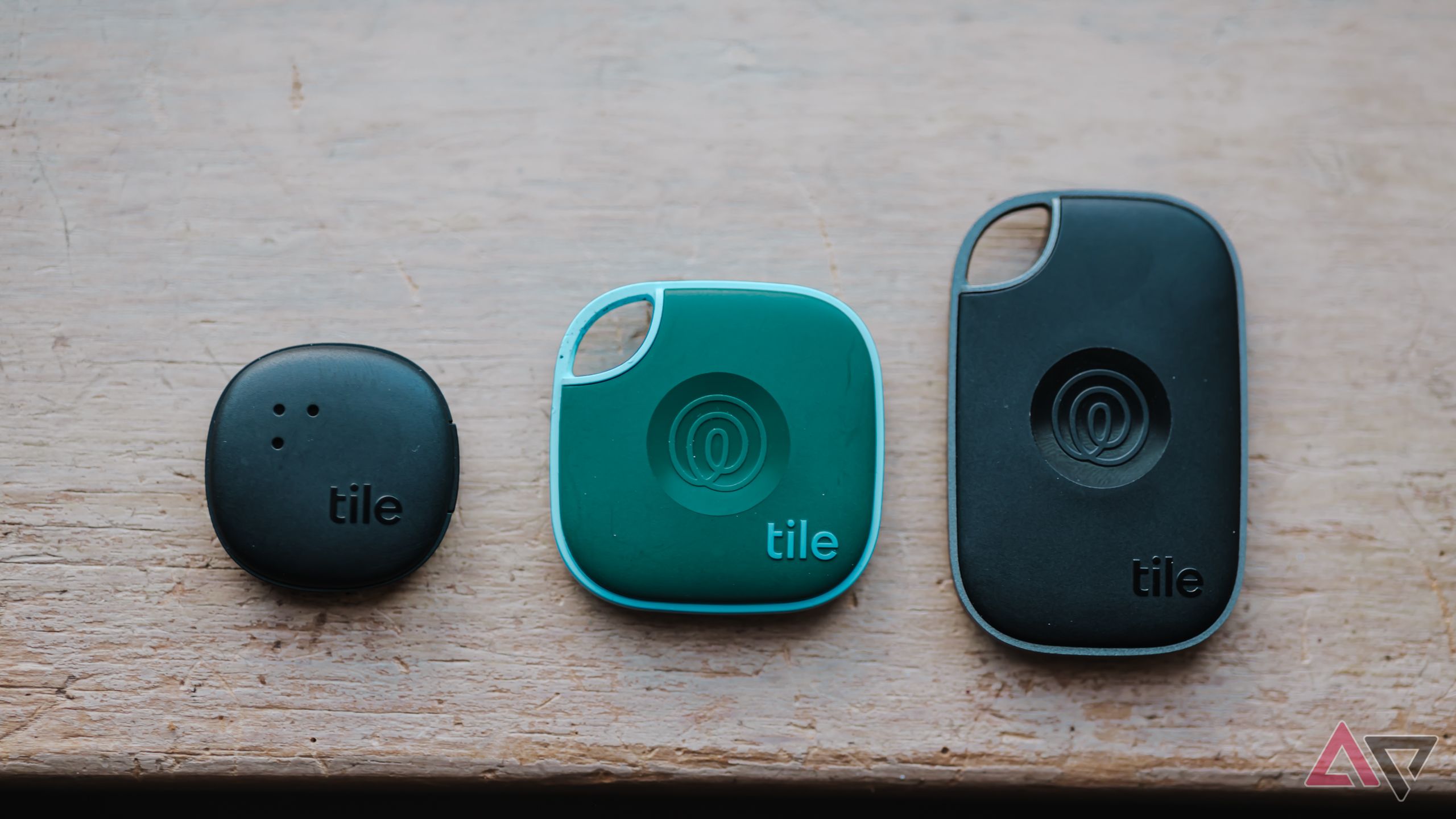google wants to break free app distribution F-Droid has issued a stark warning regarding Google’s latest developer registration requirements, claiming that these changes could severely hinder independent app distribution.
google wants to break free app distribution
Background on F-Droid and Its Mission
F-Droid is an open-source Android app repository that provides a platform for developers to distribute their applications outside of the Google Play Store. Founded in 2010, F-Droid aims to promote free and open-source software (FOSS) by allowing users to download and install apps without the restrictions often imposed by commercial app stores. The repository is built on the principles of transparency, user freedom, and community-driven development.
As an alternative to the Google Play Store, F-Droid hosts a variety of applications that prioritize user privacy and security. The platform has garnered a loyal following among users who value the ability to choose software that aligns with their ethical beliefs. However, the recent announcement from Google regarding new developer registration requirements has raised serious concerns about the future of independent app distribution.
Google’s Developer Registration Requirements
In a recent update, Google revealed plans to implement new developer registration requirements aimed at enhancing security and accountability within its ecosystem. While the company argues that these measures are necessary to protect users from malicious software, F-Droid and other critics contend that the changes could stifle competition and limit the diversity of available applications.
The new requirements mandate that developers register with Google and provide personal information, including a valid government-issued ID. This move is seen as a way for Google to exert greater control over app distribution and to ensure that all developers adhere to its policies. Critics argue that this could create significant barriers for smaller developers and independent app stores, making it increasingly difficult for them to operate.
Concerns Raised by F-Droid
F-Droid’s response to Google’s announcement has been unequivocal. In a recent blog post, the organization accused Google of attempting to “strangle independent app distribution.” The post highlights several key concerns regarding the implications of the new developer registration requirements:
- Increased Barriers to Entry: F-Droid argues that requiring developers to register with Google will create significant hurdles for independent developers, particularly those who may not have the resources or desire to comply with such regulations.
- Threat to Privacy: The requirement for personal information raises concerns about user privacy. F-Droid emphasizes that many developers choose to operate outside of Google’s ecosystem precisely to protect their privacy and the privacy of their users.
- Impact on Innovation: By limiting the number of developers who can easily distribute their apps, F-Droid warns that innovation in the Android ecosystem could be stifled. Smaller developers often bring unique ideas and solutions that challenge the status quo.
- Monopolistic Practices: F-Droid accuses Google of engaging in monopolistic behavior by consolidating its control over app distribution. This could lead to a less competitive market, ultimately harming consumers.
Implications for the Android Ecosystem
The implications of Google’s new developer registration requirements extend beyond F-Droid and independent app stores. The changes could reshape the entire Android ecosystem, affecting developers, users, and the broader tech industry.
Impact on Developers
For developers, the new requirements could mean a shift in how they approach app distribution. Many independent developers rely on alternative app stores to reach users who may be wary of the Google Play Store’s policies. If these developers are forced to register with Google, they may reconsider their distribution strategies, potentially opting to abandon the Android platform altogether.
Moreover, the added bureaucracy could deter new developers from entering the market. The tech industry thrives on innovation, and a decrease in the number of new entrants could stifle creativity and limit the variety of applications available to users.
User Experience and Choice
From a user perspective, the changes could lead to a more homogenized app ecosystem. As independent app stores face increased challenges, users may find themselves with fewer choices and a narrower selection of applications. This could be particularly detrimental for users who prioritize privacy and security, as many independent developers focus on creating apps that respect user data.
Additionally, the potential for increased regulation could lead to a situation where only apps that conform to Google’s standards are readily available. This could limit the diversity of applications and reduce the ability of users to explore alternative solutions that may better meet their needs.
Stakeholder Reactions
The reaction to Google’s announcement has been mixed, with various stakeholders weighing in on the potential consequences of the new developer registration requirements.
Responses from Developers
Many developers have expressed concern over the implications of the new requirements. Some have voiced their fears that the changes could lead to a chilling effect on innovation, as smaller developers may struggle to navigate the complexities of registration and compliance.
Others have highlighted the importance of maintaining a diverse app ecosystem, emphasizing that competition is essential for fostering creativity and improving user experiences. The sentiment among many developers is that the new requirements could disproportionately affect those who are already marginalized in the tech industry.
Consumer Advocacy Groups
Consumer advocacy groups have also raised alarms about the potential impact of Google’s changes. They argue that the new requirements could undermine user choice and limit access to a wide range of applications. These groups have called for greater transparency from Google regarding its motivations behind the changes and have urged the company to consider the implications for users and developers alike.
Potential Alternatives and Solutions
In light of the concerns raised by F-Droid and other stakeholders, discussions around potential alternatives and solutions have emerged. Some suggestions include:
- Decentralized App Distribution: Advocates for decentralized app distribution argue that creating alternative platforms that do not rely on centralized control could empower developers and users alike. This approach could mitigate the risks associated with Google’s new requirements.
- Community-Driven Initiatives: Encouraging community-driven initiatives that focus on open-source development and distribution could help foster a more inclusive app ecosystem. These initiatives could provide support for independent developers and promote collaboration.
- Regulatory Oversight: Some stakeholders have called for regulatory oversight to ensure that major tech companies do not engage in monopolistic practices. This could involve government intervention to promote competition and protect consumer rights.
Conclusion
The recent announcement from Google regarding new developer registration requirements has sparked significant debate within the tech community. F-Droid’s accusations of monopolistic behavior and concerns about the future of independent app distribution highlight the potential risks associated with these changes. As the situation unfolds, it will be crucial for stakeholders to engage in constructive dialogue to address the implications for developers, users, and the broader Android ecosystem.
Ultimately, the future of app distribution may hinge on the ability of independent developers and alternative app stores to adapt to the evolving landscape. The need for a diverse and competitive app ecosystem has never been more critical, and the actions taken in response to Google’s announcement will shape the trajectory of the Android platform for years to come.
Source: Original report
Was this helpful?
Last Modified: September 30, 2025 at 2:46 am
0 views















